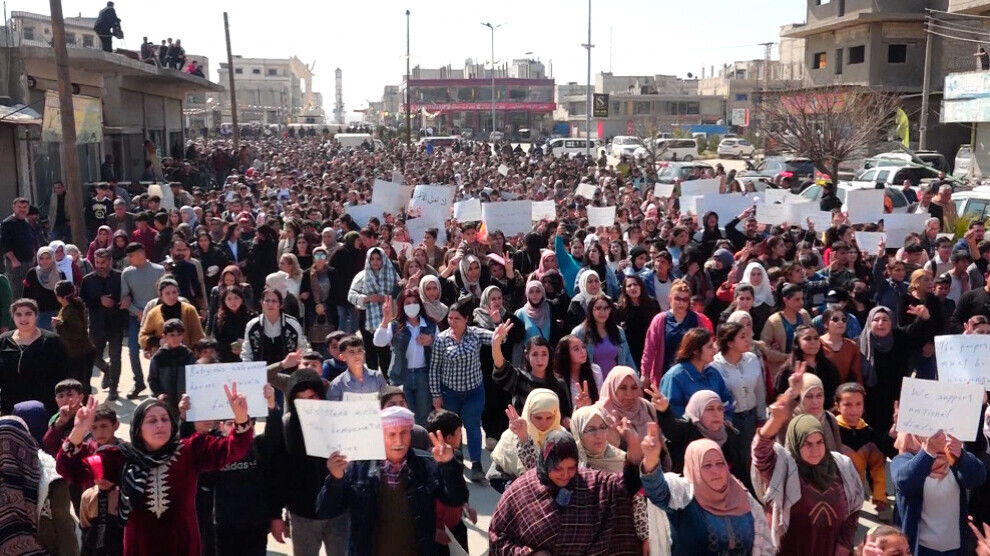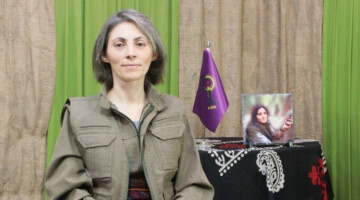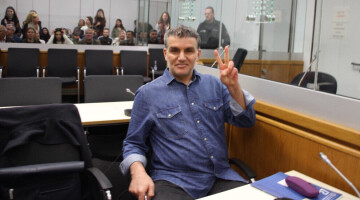The International Society for Human Rights (Internationale Gesellschaft für Menschenrechte, IGFM) is warning of a dramatic escalation of the situation in Syria. Prior to its annual conference, the organization called on the German government not to make any concessions to the new Syrian rulers as long as the human rights situation does not improve significantly.
The warning was issued in response to the massacres of the Alawite community in Syria's coastal regions, in which more than 2,000 people have been killed, according to the IGFM, as well as the increasing violence against religious and ethnic minorities. “Islamization is advancing relentlessly,” said IGFM spokesman Valerio Krüger. Crosses on Christian graves are being destroyed, and during Ramadan, public eating and smoking are forbidden, and schools and public transportation are strictly segregated by gender.
IGFM stated that the group currently ruling in Damascus, Hayat Tahrir al-Sham (HTS), with former ties to the terrorist militia Islamic State (ISIS) and al-Qaeda, is striving for an Islamist state with Sharia as the source of its laws. Instead of the often-proclaimed transitional justice that was supposed to punish crimes against humanity, arbitrariness, vigilante justice, and a justice of revenge currently prevail. “The German government should not naively respond to the jihadists' promises. Where Alawites, Kurds, Christians, Druze, and students have been systematically murdered, further massacres are imminent,” said the IGFM.
The economic situation is also devastating. According to Dr. Nabil Antaki, co-founder and director of the Blaue Maristen relief organization, salaries and pensions have not been paid for months, food prices are rising sharply, and electricity is hardly available. “Since the police have been disbanded, crime and theft have increased. Arbitrary arrests and summary executions take place almost daily,” said Antaki.














